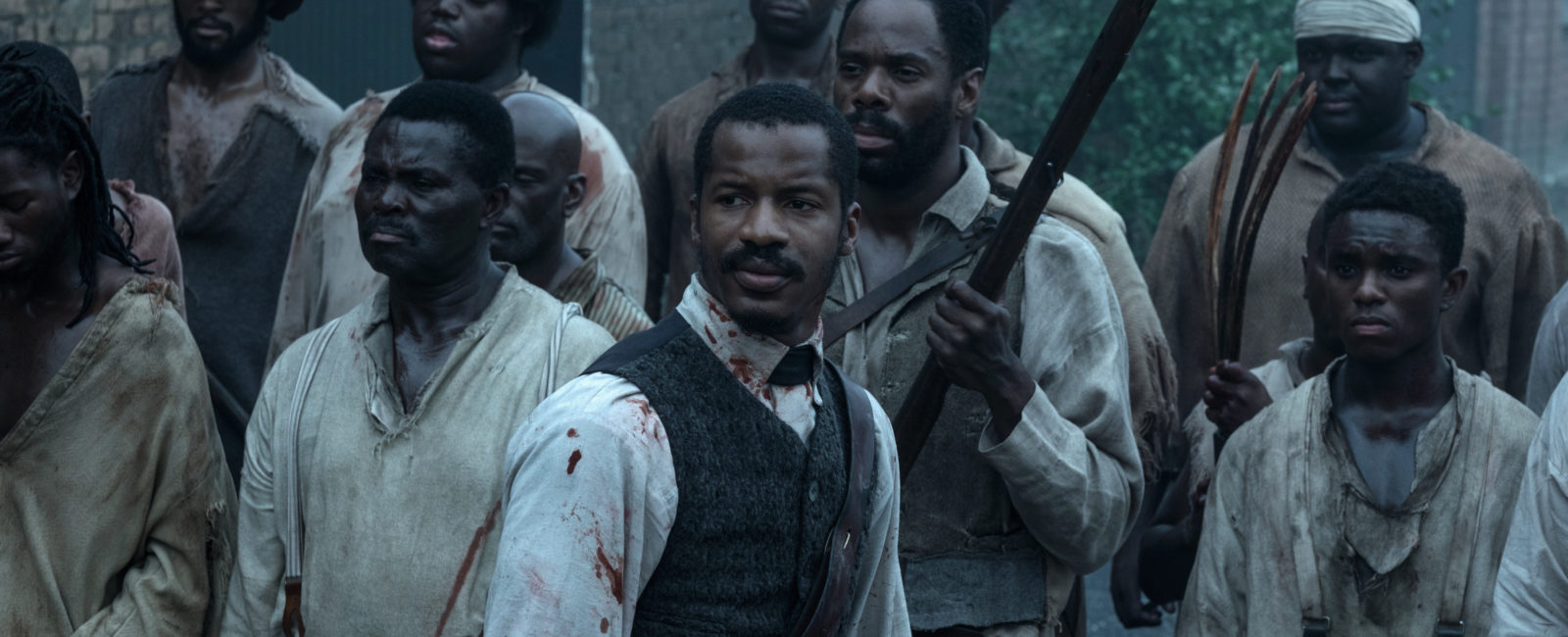
Set against the antebellum South and based on a true story, The Birth of a Nation follows Nat Turner (Nate Parker), a literate slave and preacher whose financially strained owner Samuel Turner (Armie Hammer) accepts an offer to use Nat’s preaching to subdue unruly slaves. As he witnesses countless atrocities – against himself, his wife Cherry (Aja Naomi King), and fellow slaves – Nat orchestrates an uprising in the hopes of leading his people to freedom.
While a number of revered films have explored the contours of slavery, from 12 Years a Slave to Glory, Amistad ad Lincoln, writer/director/actor Parker’s motivation is to renew the past and to seek illumination from it, rather than turn the same blind eye that kept people in the dark for so long. “Nat Turner became a leader against incredible odds,” he said. “So often when we see slavery in popular culture, it is through stories of suffering and endurance. But Nat Turner’s is a more incendiary narrative; he was a slave but also a true rebel against injustice. His story demands to be told honestly; it is timely and speaks to the aspiration of finding racial peace in this country…It leaves us with a question we must ask if we are to heal as a nation: when injustice knocks at our own front door, are we going to counter it with everything we have?”
Nat Turner has long been one of the most captivating, mysterious and perhaps misunderstood historical figures in the ongoing making of an equal America. His unflinching resistance to the institution of slavery is often cited as integral to the buildup of the Civil War as an act that alarmed and hardened the hearts of Southern slave owners yet raised imperative questions about the morality and sustainability of the so-called “peculiar institution” that stole away the freedom, dignity and destinies of millions.
To Nate Parker, Nat was not so far removed from an African American version of Braveheart’s William Wallace, who roused and united the Medieval Scots against their oppressors at a time when no one thought it was possible.
Despite growing up in Virginia near where the Turner insurrection occurred, Parker did not once hear the name Nat Turner in school. “I heard it in whispers and from family members,” he recalls. “As if they were conjuring the very spirit of rebellion. But it wasn’t until I was in college, taking African-American Studies that I really learned about him. When I did, I thought ‘how is it possible that I didn’t know about this?’ Yet it happened right in my back yard.”
That denial of this essential history lit a fire in Parker. He needed to know more. And the more he tried to trace Turner’s past, the more he was drawn to a figure who was not at all the savage fanatic portrayed in popular books and legends. Instead, Parker discovered the historical Nat Turner was a spiritually-fueled man of astute intelligence who viewed slavery as a symbol of Satan on earth – and came to believe the only way the world could be set right was to “cut off the head of the serpent.”
“This is someone who tried to make a difference in spite of the impossible odds of his environment. I had always longed for that kind of hero, and he’d been withheld from us,” Parker says. He saw in Turner “a measured, self-determined man of faith, whose courage and belief allowed him to sacrifice himself for his family and the future.”
Parker also began to realize that just as in life Turner had never owned his identity, this repeated itself after his death. No one knows Turner’s true surname or where his desecrated body is buried. In the last 200 years, Turner’s image had been used to signify many things. He’d been vilified as an aberrational extremist, re-imagined as a lusty metaphor for a “slave mindset” and exalted as a political revolutionary. Yet the man’s real life and source of his courage seemed lost in all that.
The Birth of a Nation opens nationwide Oct. 7.


